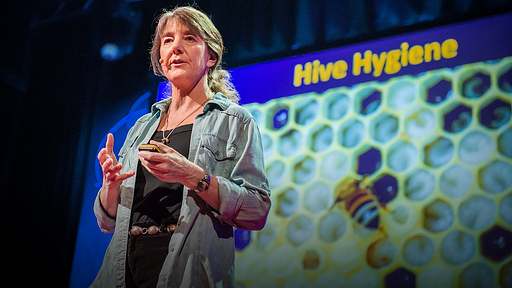What is it about bees? Three experts on why they’re fascinating, why they’re dying, what can save them
In 1945, there were 4.5 million hives of bees in the United States. Today, there are just about 2 million. It’s been a subtle decline over time, but one that has dramatically accelerated over the past seven years. And this should be extremely alarming, given that bees pollinate one-third of the world’s crops. In
Continue reading
